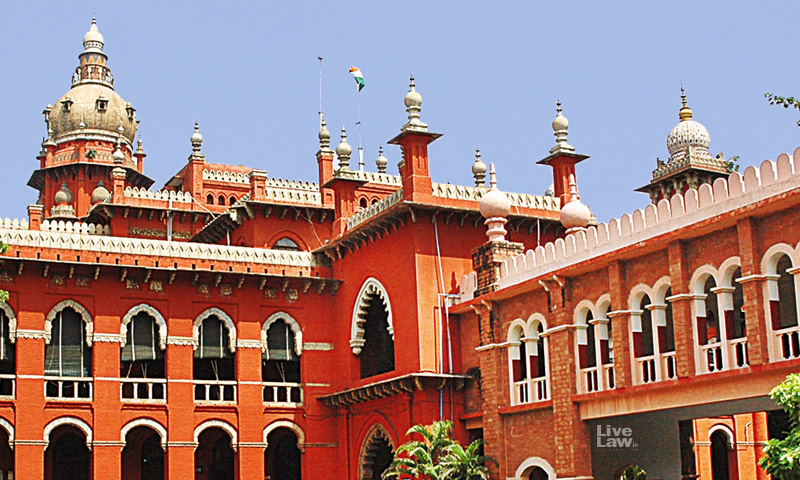The Madras High Court has held that that a petition under Section 482 of the Code of Criminal Procedure (CrPC) to quash a complaint under Section 12 of the Domestic Violence Act is not maintainable.The court observed that a petition under Article 227 of the Constitution may be maintainable if it is shown that the proceedings before the Magistrate suffer from a patent lack of...

